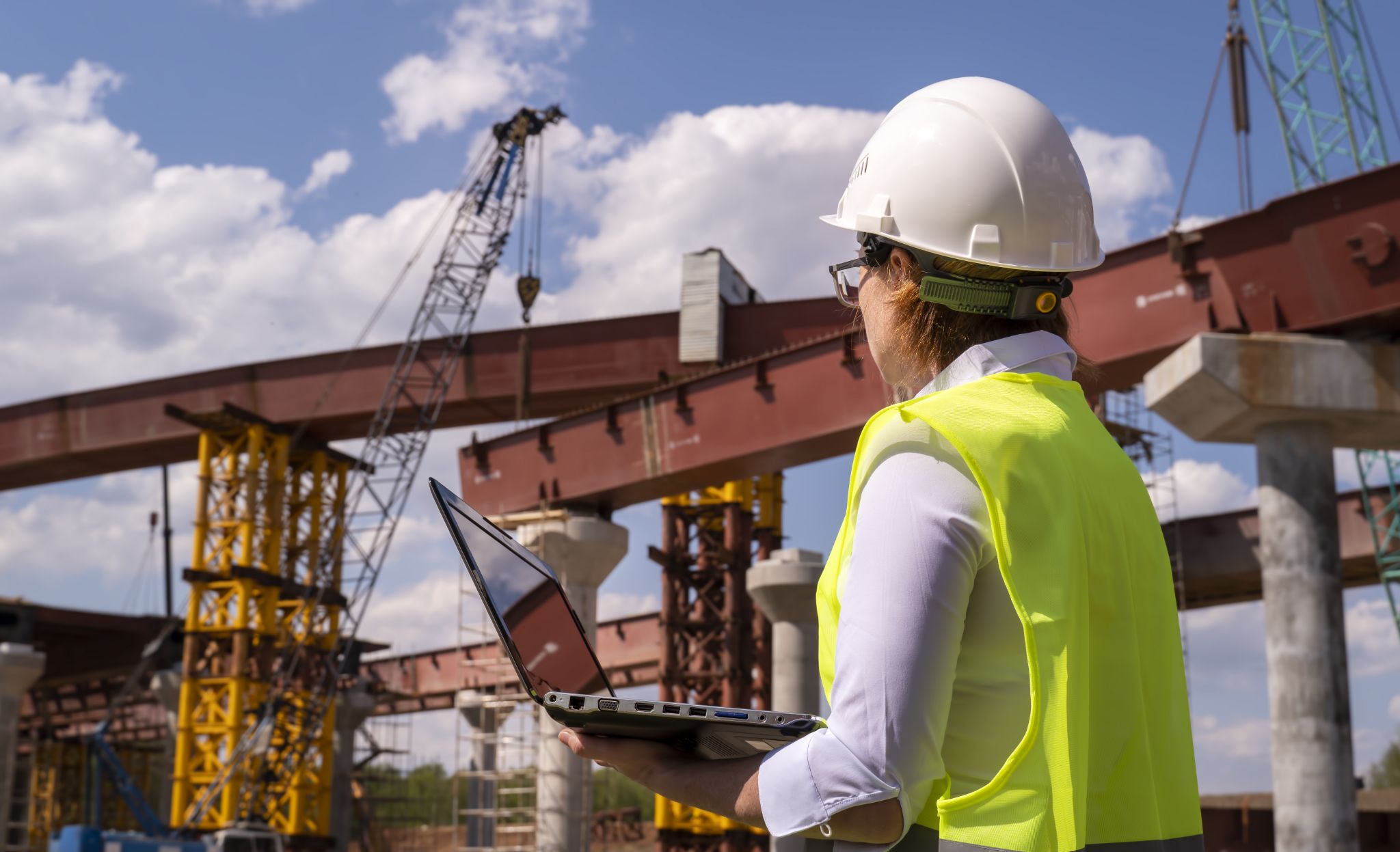What Projects Do Structural Engineers Work On?
Structural engineers play a vital role in designing safe and durable structures. But what projects do structural engineers work on? They are involved in a wide range of projects, from new buildings to complex infrastructure. By assessing the physical environment and applying their technical expertise, structural engineers ensure that structures can withstand environmental and physical forces over time. As a result, they guarantee safety, stability, and longevity.
Key Projects That Structural Engineers Work On
Structural engineers collaborate closely with architectural and construction teams to ensure the success of every project. Their responsibilities include designing, testing, evaluating, and creating systems that ensure structural integrity. As urban development continues to grow, structural engineers are becoming more involved in various projects, such as constructing buildings, bridges, and large-scale infrastructure.
New Construction Projects
One of the most common areas where structural engineers are needed is in new construction. Before construction begins, engineers carefully assess the site, considering factors like soil type, structural weight, and foundation strength. Based on these evaluations, they determine whether the foundation can adequately support the building. If necessary, they suggest improvements to ensure the structure remains stable over time.
Moreover, structural engineers remain involved throughout the construction process. They conduct regular assessments and make necessary adjustments to maintain the structural integrity of the project at each stage.
Bridge Construction Projects
In addition, structural engineers play a key role in bridge construction. They assess the site’s soil and weather conditions to ensure the bridge can handle the expected traffic load. By using these findings, they evaluate the project’s structural integrity and recommend any necessary adjustments to ensure the bridge’s safety and durability.
Furthermore, structural engineers work diligently to ensure that the design complies with all environmental and regulatory standards, ultimately contributing to the long-term success of the project.
City Infrastructure Projects
In addition to buildings and bridges, structural engineers are essential for developing city infrastructure. They collaborate closely with civil engineers to design and oversee the construction of roads, highways, and tunnels. This collaboration ensures that these projects can withstand the weather and heavy traffic they will encounter over time.
Furthermore, structural engineers contribute to the design and construction of public buildings, such as schools, hospitals, and government offices. This involvement ensures these structures remain safe, functional, and sustainable for years to come.
Construction Site Inspections
Throughout the construction process, structural engineers conduct ongoing site inspections to monitor the project’s progress. These inspections allow them to check whether the building complies with the structural plans and building codes. By addressing potential issues early, they prevent costly repairs or modifications down the road.
Why Choose Elite Australian Engineering?
At Elite Australian Engineering, we understand the importance of structural engineering and the broad range of projects it covers. Our team of skilled engineers provides cost-effective, detailed designs and certifications to ensure the success of your projects. Whether you’re working on a new development or need structural solutions for an existing structure, we are ready to assist you. Contact us today to discuss how we can support your next structural engineering project!


No responses yet